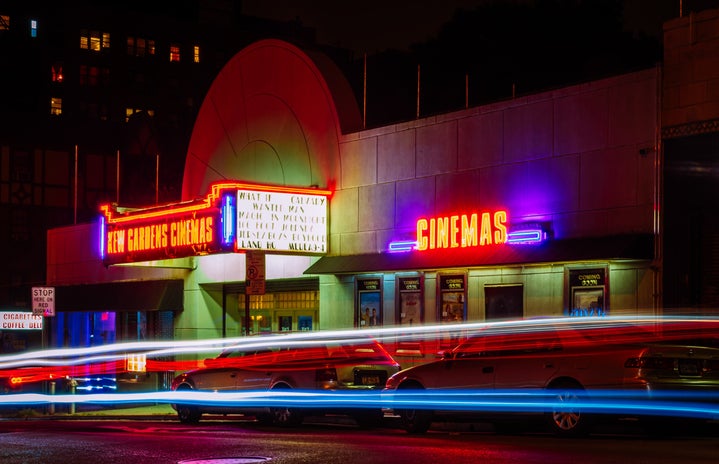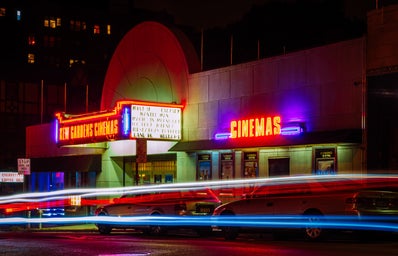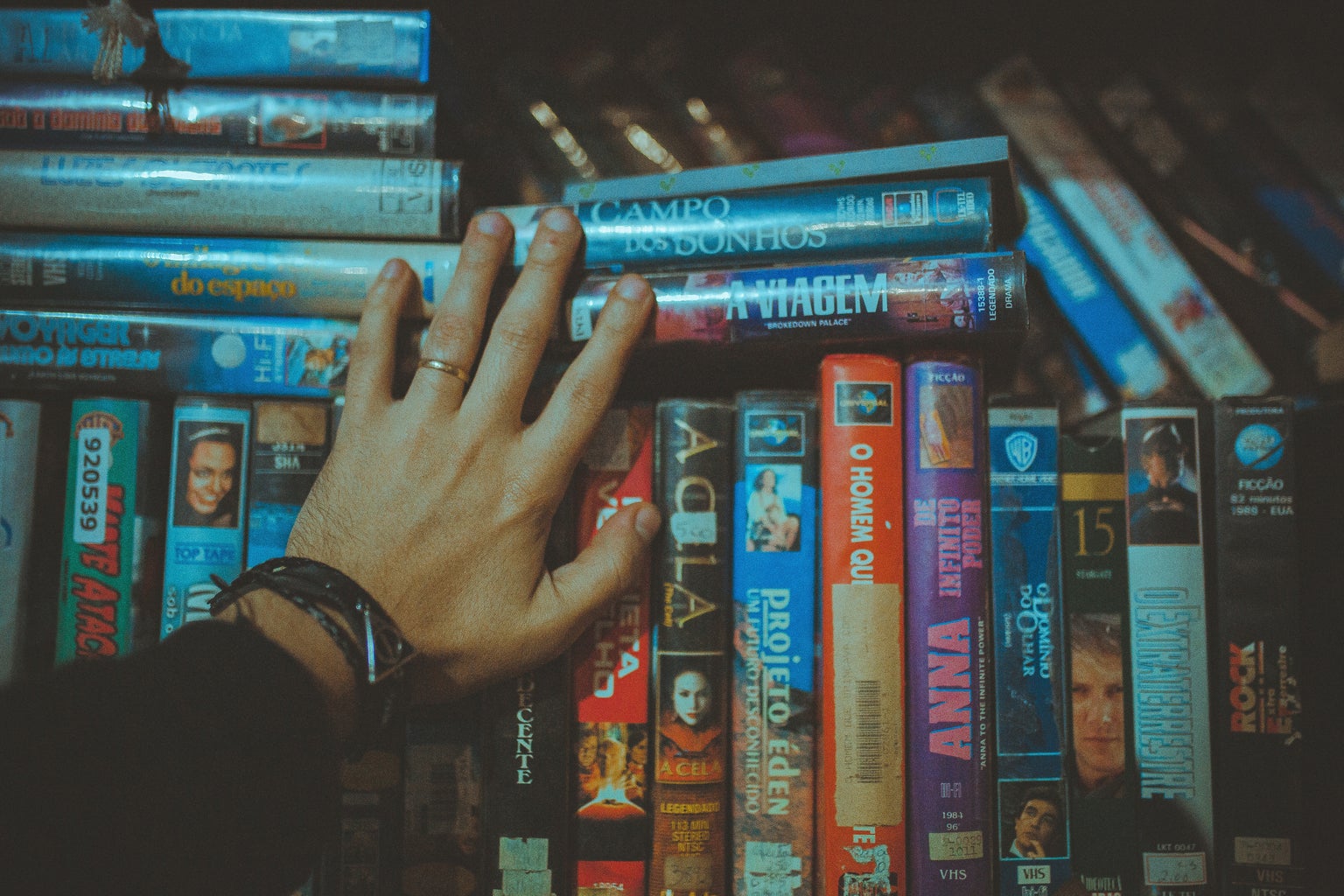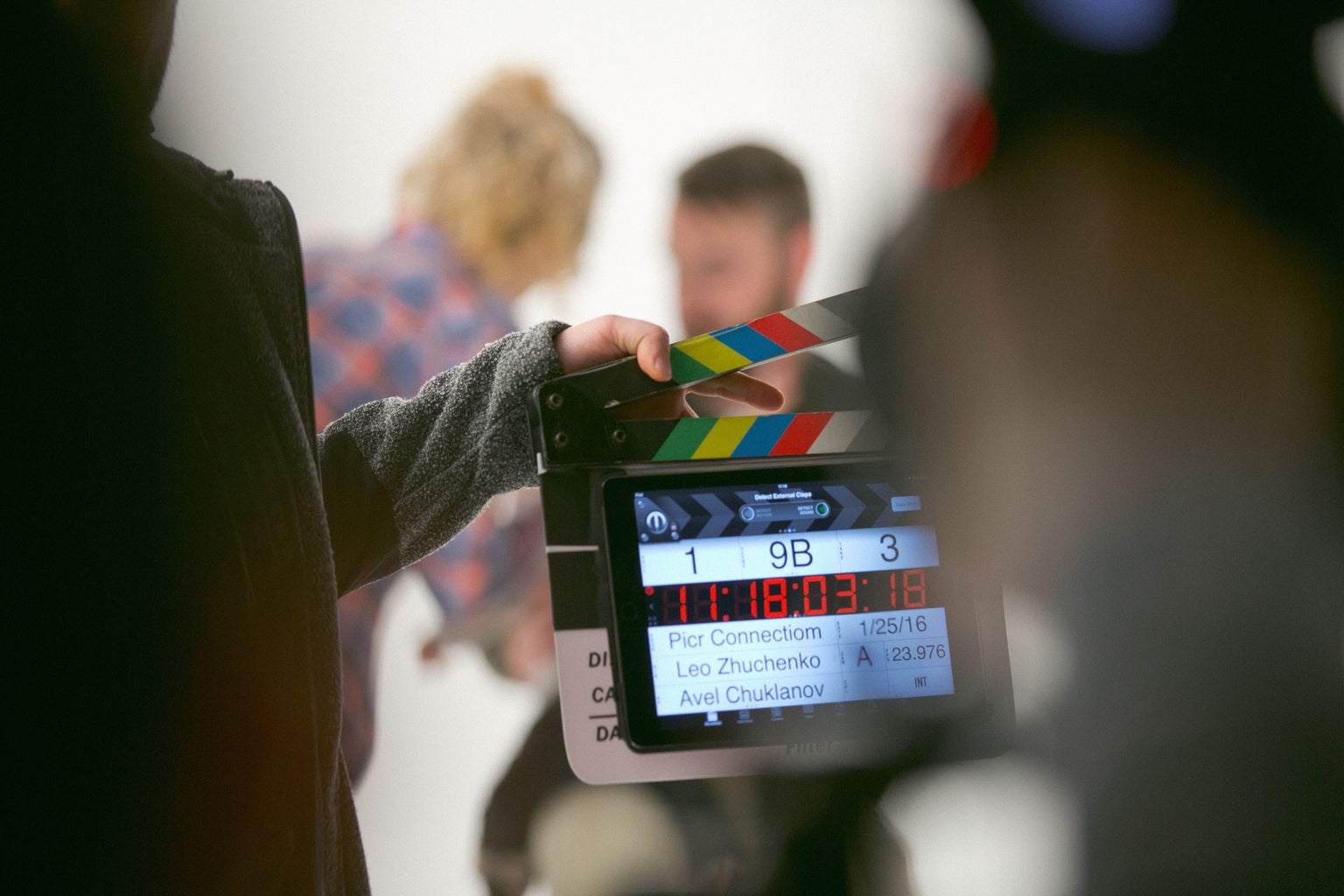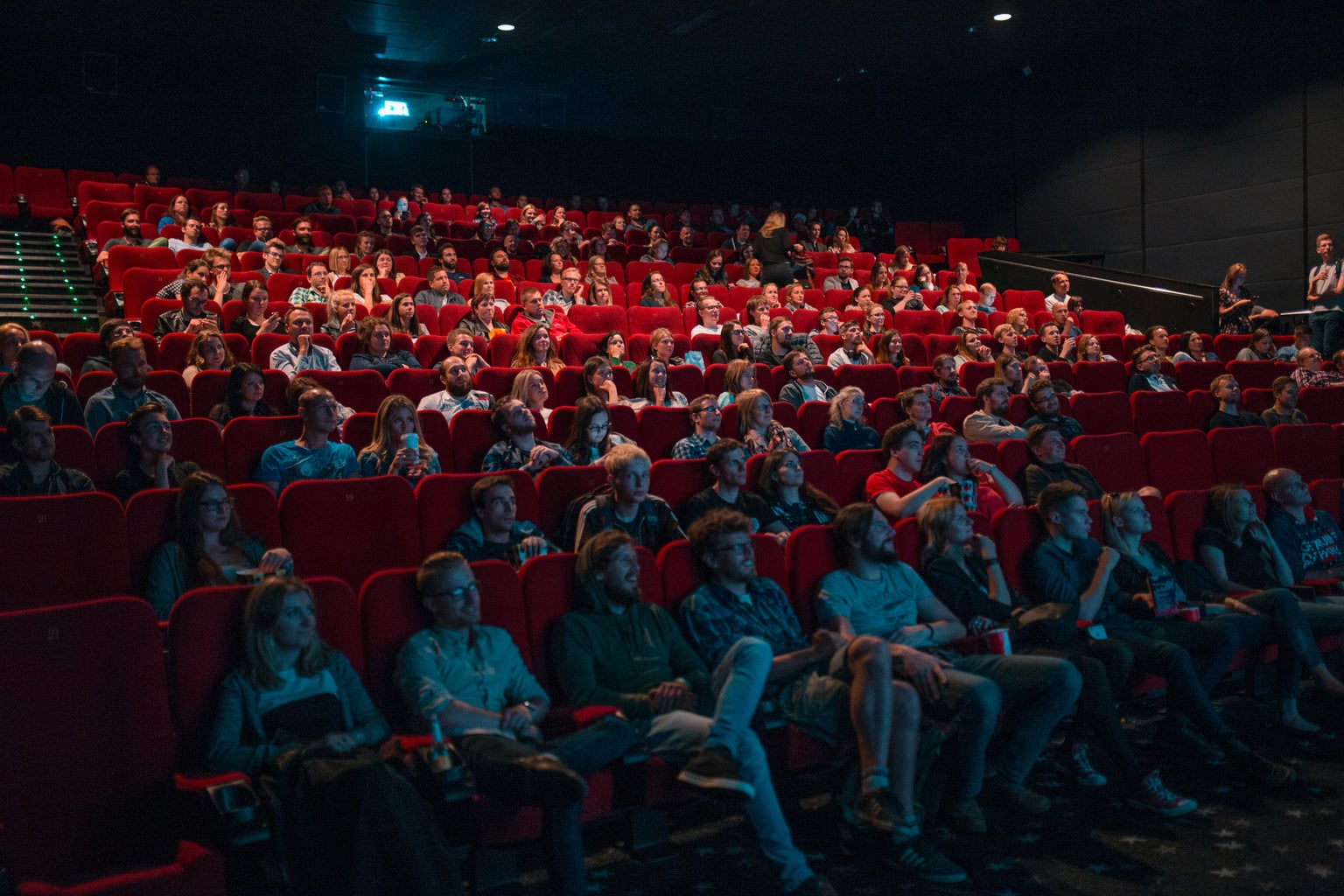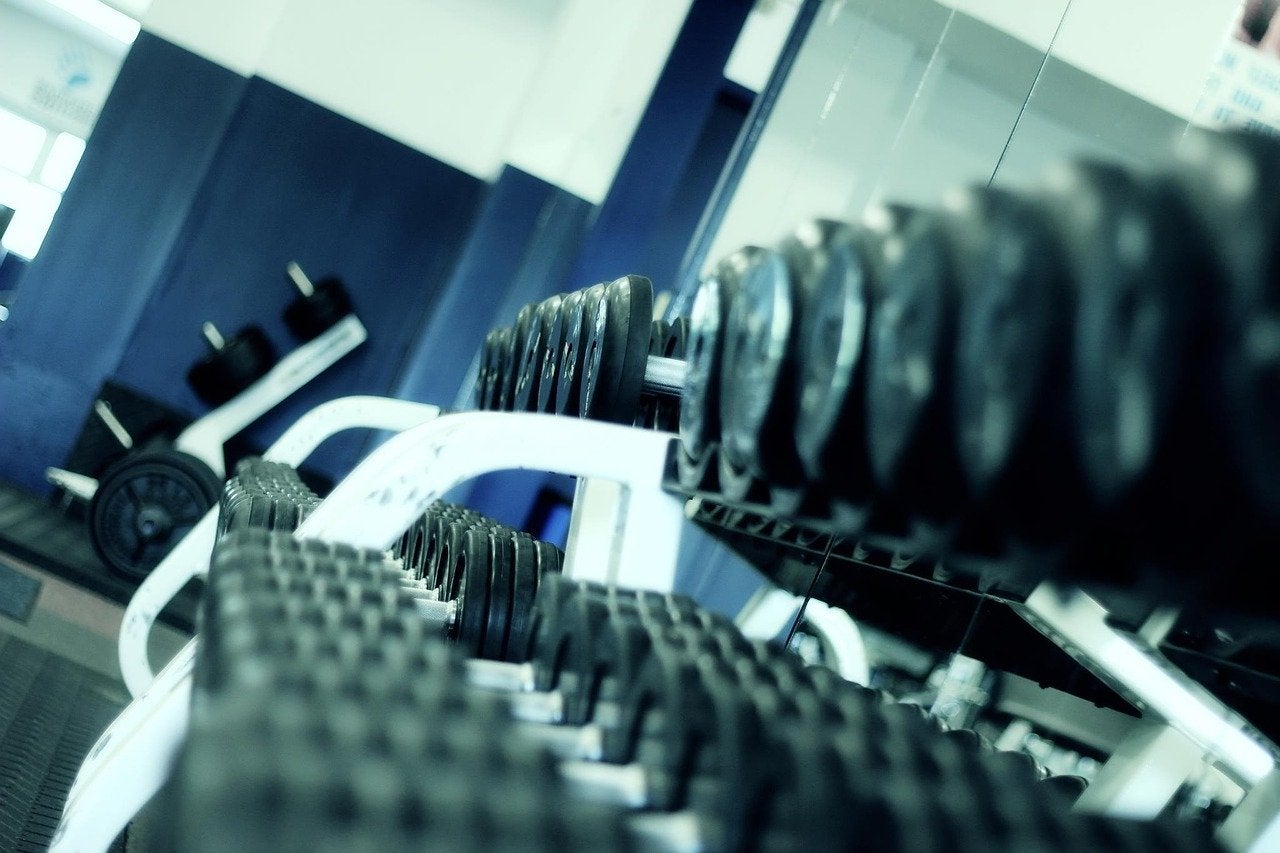It’s good to be back! I cannot believe it is already my senior year of college and my third year of writing this column. Time has truly flown by, and it is both exciting and nerve wracking to be on campus again and writing for you (and myself!). Speaking of nerve wracking — but not necessarily under the “exciting” category — I am here to talk about Hollywood’s current obsession with rebooting and remaking ‘80s films and TV.
Recently, it came to my attention that there is a remake of The Lost Boys (1987) in the works, starring Noah Jupe (Wonder (2017), A Quiet Place (2018)) and Jaeden Martell (It (2017), Knives Out (2019)). Since I wrote my very first column on The Lost Boys in 2019, I have developed a very deep love for that movie. In my mind, there is nothing and no one who could improve upon it. I know that sounds quite dramatic, but the performances are spot on. It is just campy enough, the style is fang-tastic, and its mix of fun and fear makes it insanely rewatchable.
Don’t get me wrong; I think that Noah Jupe and Jaeden Martell are marvelous young actors. They are both fully capable of performing drama and comedy, which is clear from their past works. I could not tell you how many times I have seen Wonder or Knives Out. Still, I cannot picture the two of them in a movie like The Lost Boys. I don’t know what roles they are cast in, or even if the characters in this new film are modeled off of those from 1987, but they would be hard pressed to compare to the Two Coreys in their prime.
Some would argue that Corey Haim and Corey Feldman were not that good to begin with (which I would 100% disagree with, especially if you’ve seen Lucas (1986) or Stand By Me (1986), respectively), but The Lost Boys is not the type of film that requires introspective, nuanced acting. It is so fun because the actors totally embrace the wildness of it, from the oiled-up saxophonist on the beach to vampire Kiefer Sutherland’s single tear. I highly doubt that a current remake is going to do justice to the specific feeling that The Lost Boys is able to evoke, especially now that director Joel Schumacher has passed away. Also, I just know that there will be a horrible, cursive-sung cover of “People Are Strange” in the trailer that will make me want to throw some garlic at whoever chose it (a stake through the heart seemed too violent) then fling my computer at a wall. I can’t even get started on the fact that the film is also being turned into a musical.
It’s not that I am not open to change or that I am opposed to remakes or reboots in general. Adaptations have been par for the course for centuries — even most of Shakespeare’s plays aren’t his original stories. What I am opposed to is the sheer laziness of people and institutions unable or unwilling to come up with original ideas, or to find a real, compelling reason to remake something. It seems to come down to studios thinking a recognizable name will draw in a crowd, which is often true. However, this leads to an almost total loss of artistic integrity.
I do feel that there are cases when a remake or reboot is warranted. Two recent examples of reboots come to mind: Cobra Kai (2018 – ) and Bill and Ted Face the Music (2020). Cobra Kai is made for diehard Karate Kid (1984) fans like I am, filled with Easter eggs and cameos to excite these kinds of viewers at every turn. At the same time, it works for casual viewers by throwing in flashbacks and adding in a whole new cast of characters with whom new audiences can identify.
Cobra Kai takes on the story of The Karate Kid from a new perspective and explores the long-term effects of that movie’s events on relationships across generations, including the abusive reign of “Sensei” Kreese (Martin Kove) versus Mr. Miyagi’s (Pat Morita) balanced teachings. It allows the audience to see deeper into Daniel’s (Ralph Macchio) and Johnny’s (WIlliam Zabka) lives in a way that the original film does not have time to do, and it serves as a continuation of the The Karate Kid trilogy instead of replacing that story.
Perhaps my absolute favorite thing Cobra Kai does, however, is retcon choices made in the second and third Karate Kid films that feel inauthentic to the original. I was impressed when the show was able to bring back a character I passionately hated in The Karate Kid Part II (1986) (read my article on that film here), Chozen (Yuji Okumoto), and make the episode centered around his and Daniel’s reunion one of my absolute favorites of the entire series so far. I actually shrieked at the TV in joy when Ali (Elisabeth Shue) (who is, in my opinion, the best character in The Karate Kid) returned and explained that Daniel’s explanation of the events that ended their relationship in the ‘80s was not accurate to the situation. It is definitely in character for Daniel to overreact, and I was always aggravated by how out of character for Ali his version of the events that broke them up in the second film is.
It is clear that all those working on this series have the passion and understanding for The Karate Kid that is necessary to create a faithful, successful reboot. In their revisitation of these characters and stories, they are able to not only continue the legacy of The Karate Kid, but also to improve upon it in exciting ways. (The stories with the new characters are usually not as good as those of the original characters, but there is still a lot to them, as frustrating as some of the teens can be.)
As for Bill and Ted Face the Music, it came at exactly the right time. Keanu Reeves (Ted “Theodore” Logan) and Alex Winter (Bill S. Preston, Esquire) did not sign on to a third installment until it captured the spirit of the original two films. It is refreshing to see a reboot in which the two main characters have maintained their friendship across decades instead of having lost touch.
Whatever time period they travel to, Bill and Ted stick together in all of their various iterations. In fact, their friendship is so strong that it is intergenerational: their daughters — named after each other — are also best friends, who take after their dads in their sweet goofiness and love of music. Billie Logan (Brigette Lundy-Paine) and Thea Preston (Samara Weaving) are incredibly knowledgeable about music history, and their storyline of collecting musicians across centuries is just as enjoyable as seeing Bill and Ted back together again. When Bill and Ted pass the torch onto their daughters, it feels like a natural and loving development true to their characters, as opposed to the usual negative effect rebooting a franchise by switching characters’ genders around has.
The film’s premise hinges on the title characters finally creating a song that unites society, a legacy that they have been trying to live up to since they found out it was their future in the late ‘80s. In a time of such social division and constant worry, a movie with comforting, supportive characters looking for unification while retaining their almost childlike hope is just the thing I needed, personally. The finished film even includes dance videos from some Bill and Ted lovers in its credits, so the film definitely feels more like a love letter to fans than a money-grubbing scheme. I was able to see Bill and Ted Face the Music at the drive-in last summer, and it is one of my favorite memories of 2020.
There are ways that reboots and remakes can work incredibly well, but I generally believe they are unnecessary. At least, the amount of them right now is overwhelming and disappointing. When something is done well the first time, there is often no reason to do it over again.
Though I have much more to say on the topic of reboots and remakes, this article is already much longer than I intended. I could go on with my opinions passionately and forever, but I think it’s time I give you a break! Next week, however, I’ll continue along this vein with a list of current media I recommend checking out that I feel captures the spirit of 1980’s pop culture — movies, songs, etc. that take inspiration from the ‘80s without copying exactly what came before.
Until then, my current goal is to finish enough of my essays and presentations to be able to see The Outsiders (1983) in theaters, fully restored in 4K! I hope you have a fabulous week.
Want to keep up with HCBU? Make sure to like us on Facebook, follow us on Instagram, check out our Pinterest board, and read our latest Tweets!
